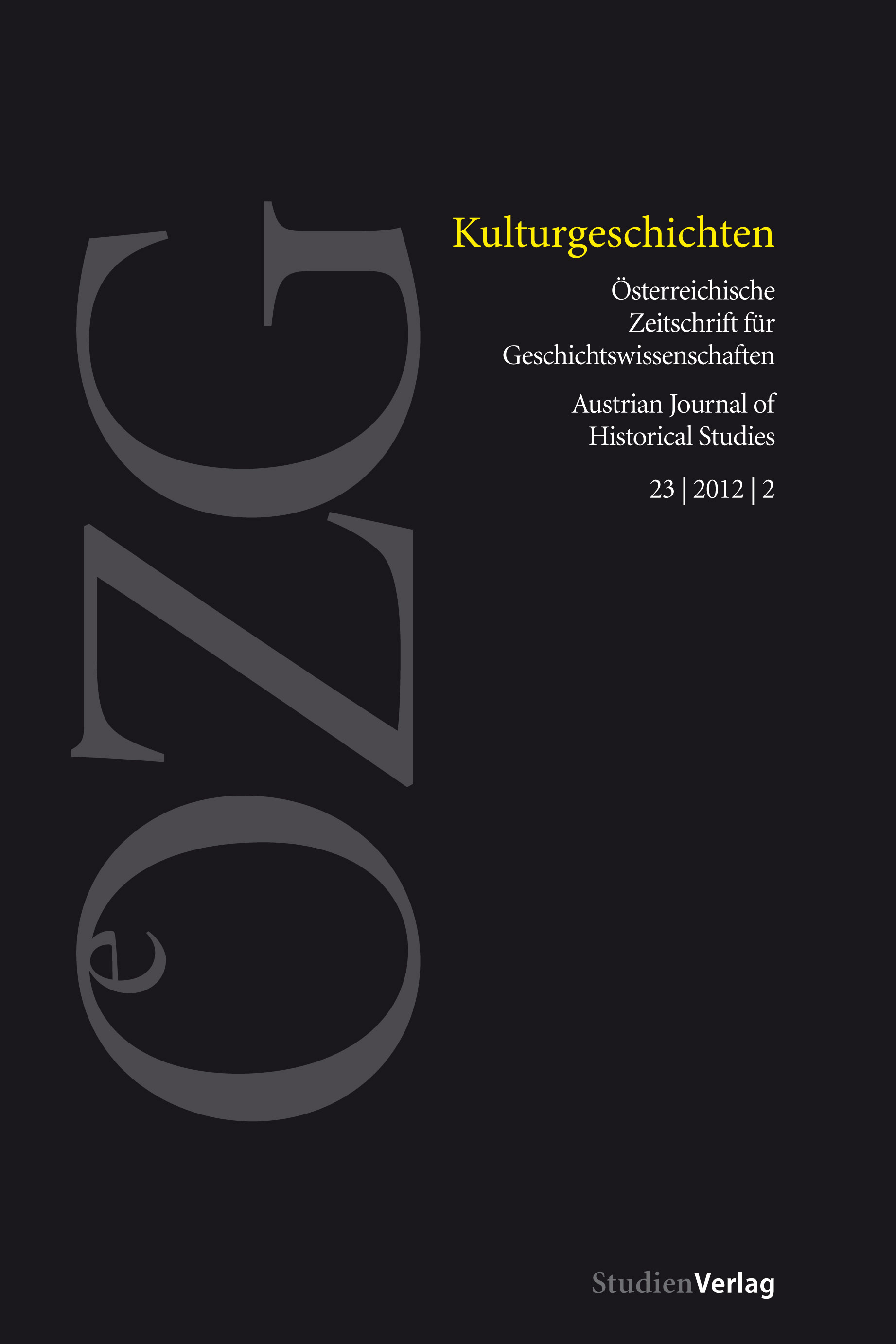The Spanish illusion
Tradition as an argument legitimizing Charles‘ VI. sovereignty over the Southern Netherlands 1701–1725
DOI:
https://doi.org/10.25365/oezg-2012-23-2-8Keywords:
Change of sovereignty, Austrian / Southern Netherlands, Legitimation of sovereignty, Emperor Charles VIAbstract
The article describes the importance of tradition in the political discourse between Emperor Charles VI., who gained sovereignty over the Southern Netherlands in 1716, his rivals, who fought him for it in the War of Spanish Succession, and his new subjects. Charles VI. and his counsellors created in certain ways the illusion of a continued spanish-habsburg rule over the Netherlands in order to legitimize his contested new position against his enemies and to stabilize the provinces after more than ten years of war. The Estates supported his claim to the Spanish tradition, but instead of just bolstering his authority they used his argument for their own interests and demanded affirmation of all their ancient rights and privileges. When Charles – formally accepted as souvereign – started a new policy of centralized reforms his and his subjects’ interpretations of the Spanish tradition collided. Both sides had to negotiate a new mutual basis for a political order.


